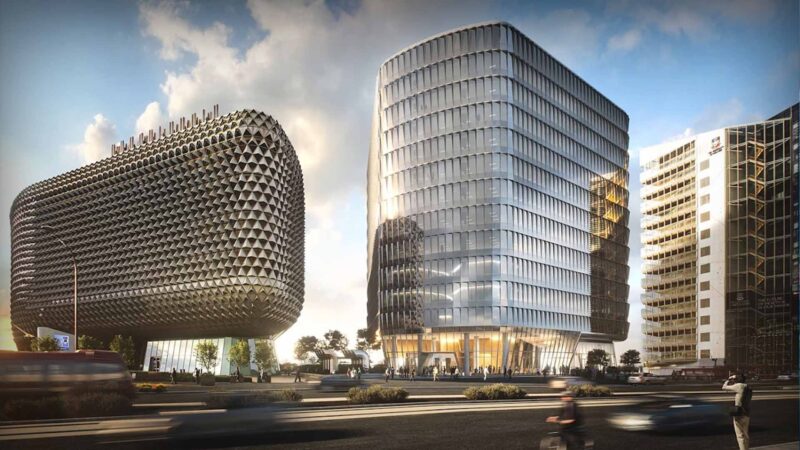Dr Ryan O’Hare Doig, Head, Spinal Cord injury Research (SAHMRI)
Neil Sachse Centre for Spinal Cord Research (SAHMRI)
SOUTH AUSTRALIA
AUSTRALIA
Dr. Ryan O’Hare Doig’s early research career has focused on understanding the pathophysiology of secondary degeneration following neurotrauma to the central nervous system (CNS). He uses innovative analytical techniques to demonstrate biochemical, molecular and gross anatomical changes that occur following CNS injury. Dr. O’Hare Doig has developed and optimised a combinatorial treatment strategy incorporating pharmacotherapeutics for the treatment of CNS injury. Ryan’s combinatorial strategy has been assessed in a clinically relevant model of spinal cord injury (SCI), demonstrating significant functional recovery and tissue sparing, crucial for the translation of his research into clinical trials.
In 2017, Ryan joined the South Australian Health & Medical Research Institute (SAHMRI) and the Neil Sachse Centre for Spinal Cord Research, to provide his expertise in SCI and other neurotrauma models. Dr. O’Hare Doig’s lab looks to help develop new techniques to provide a more accurate diagnosis and prognosis of SCI, and to identify potential treatment strategies in a clinical setting.
You Might also like
-
RESEARCH IMPACT SAHMRI, SOUTH AUSTRALIA (2023)
South Australian Health and Medical Research Institute, also known as SAHMRI has had significant impacts in various areas over the past ten years, and this year is celebrating its 10 year anniversary with a week of events.
Ahead of the anniversary, Executive Director, Professor Maria Makrides spoke to Bench Side Story about 3 achievements in the past 10 years that have had significant impact
-
Health and economic burden of interstitial lung diseases
Dr Cox’s main research interests focus on respiratory diseases and primarily on the economic burden and economic evaluation of interventions and treatments for their management. She earned her PhD from the University of Tasmania where her doctoral research examined the health and economic burden of idiopathic pulmonary fibrosis (IPF) in Australia, one component of the NHMRC Centre for Research Excellence for Pulmonary Fibrosis, a national project implemented alongside the Australian IPF Registry and the Lung Foundation Australia. This research provided the first epidemiological profile and first costing estimates of the economic burden of the disease in Australia, providing essential evidence for health service reimbursement policies.
-
Visceral pain and the gut-brain axis
Professor Stuart Brierley is Director of the Visceral Pain Research Group, Director of the Hopwood Centre for Neurobiology, and Theme co-Leader of Lifelong Health at the South Australian Health and Medical Research Institute (SAHMRI).
Prof Brierley is an international expert on the ‘gut-brain axis’ and chronic visceral pain mechanisms. Current investigations are on a individual cell type called the enterochromaffin cell, and it helps signal pain and anxiety from the gastrointestinal tract to the brain.



